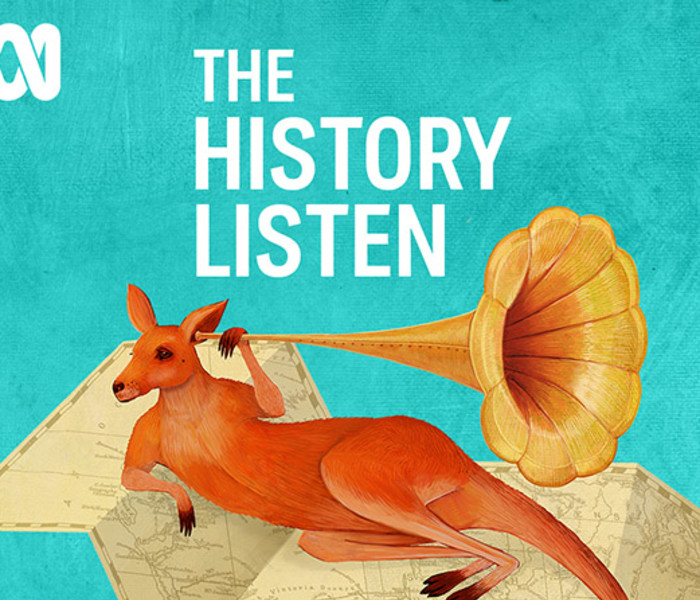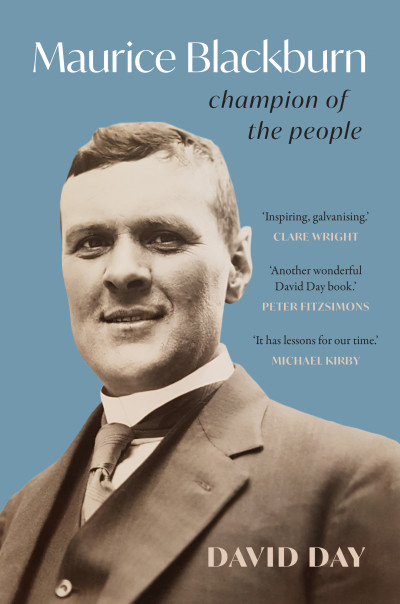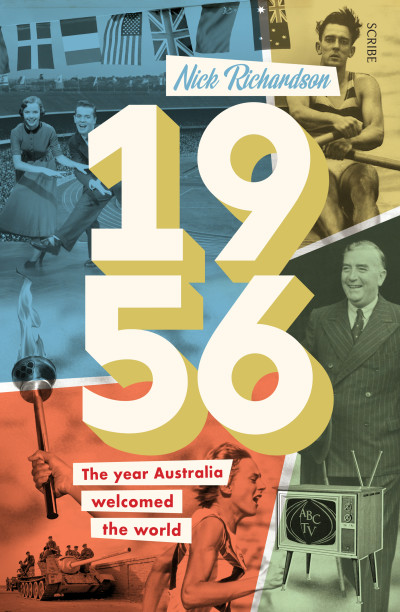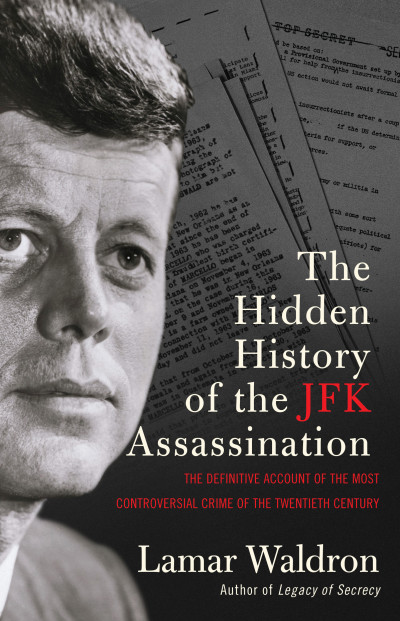Related content

AUTHOR
David Sornig
David Sornig is the author of the novel Spiel (UWAP, 2009). His fiction…
Discover
EXTRACT
Blue Lake
I’m here already, in the bleak, awful hour on Dudley Flats in which the…
Read
Events
Melbourne’s Lost Blue Lake: shaping stories of place into sound
28 August 2019Join the creatives behind ABC RN’s The History Lesson podcast.
Discover
Events
So What If… Melbourne Was Underwater?
22 May 2019David Sornig and Tony Birch look into the future
Discover
News
Blue Lake adapted for The History Listen
10 April 2019Blue Lake: Finding Dudley Flats and the West Melbourne Swamp
Read
Events
Walking the Blue Lake with David Sornig (challenging walk)
17 March 2019Join David Sornig on a tour of Melbourne’s Blue Lake.
Discover
Events
Walking the Blue Lake with David Sornig (medium difficulty)
14 March 2019Join David Sornig on a tour of Melbourne’s Blue Lake.
Discover
Events
Walking the Blue Lake with David Sornig (medium difficulty)
14 March 2019Join David Sornig on a tour of Melbourne’s Blue Lake.
Discover.jpg)
Insights
Scribe Books in 2018 Best-Of Lists
18 December 2018Best-Of lists have been exploding all over the internet this December,…
Read
Events
Book Launch: Blue Lake by David Sornig
20 September 2018David Sornig at Readings for the launch of Blue Lake.
Discover
Insights
New Releases
3 September 2018Spring is finally here! And we have the perfect books for you to read…
Read
Insights
From the Author: David Sornig
24 August 2018David Sornig on discovering the Dudley Flats and the West Melbourne…
Read




